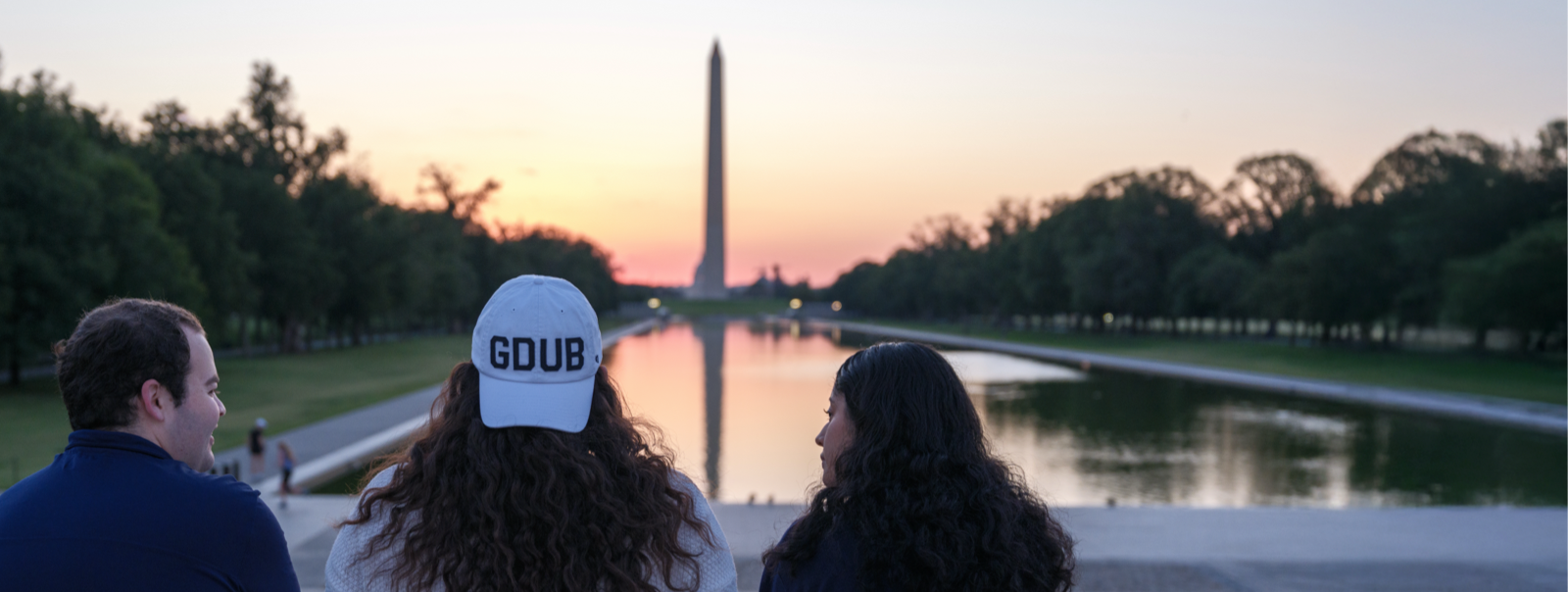About GW
The George Washington University (GW) was chartered by an act of Congress on February 9, 1821, and today is home to more than 26,000 undergraduate and graduate students that come from all 50 states and the District of Columbia. GW boasts a world-wide alumni network of over 320,000 alumni who can be found throughout more than 150 countries around the world.
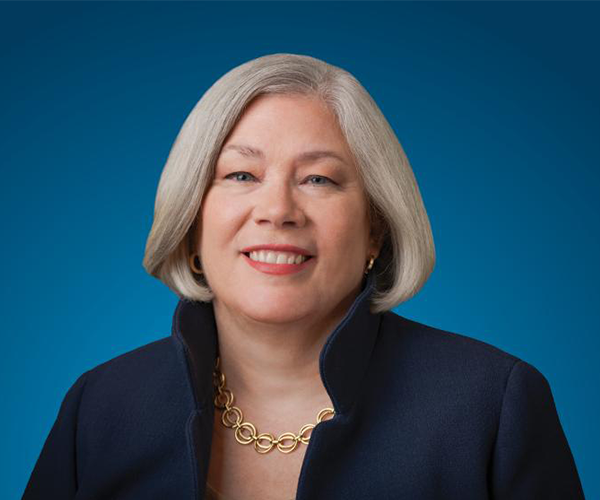
President Ellen M. Granberg
Ellen M. Granberg is the 19th President of the George Washington University. She is an accomplished academic leader and nationally recognized scholar in sociology whose career spans leadership at Rochester Institute of Technology and Clemson University, as well as more than a decade in the telecommunications industry. President Granberg holds a B.A. in history from the University of California at Davis and an M.A. and Ph.D. in sociology from Vanderbilt University.
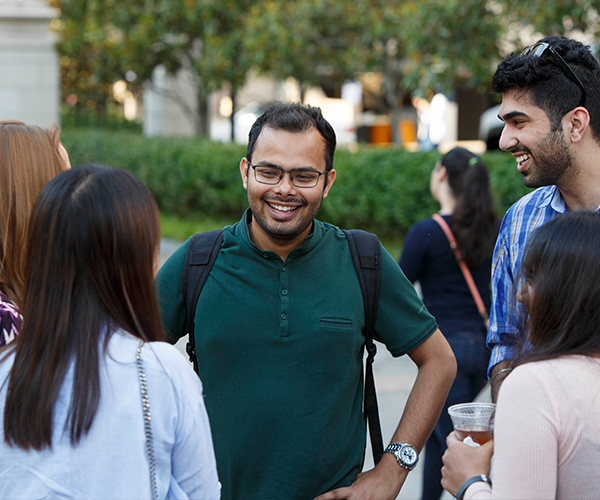
A Global Institution
The George Washington University is a truly global institution. Its student body represents more than 135 countries, and each year hundreds of students and faculty members span the globe for study and research. GW’s faculty includes experts whose ideas can change the world. Its campus is home to more than a dozen internationally focused research institutes, and its institutional relationships with major national and international organizations facilitate the direct application of faculty research to real-world challenges.
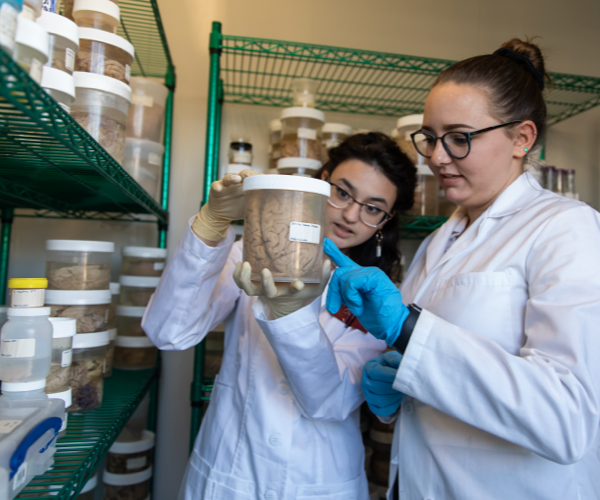
Academic Excellence and Research
GW educates individuals in liberal arts, languages, sciences, learned professions, and other courses and subjects of study, and conducts scholarly research and publishes the findings of such research. The George Washington University’s location in the heart of Washington, D.C., provides for unparalleled access to leading international institutions, multinational corporations, global media outlets, and the governments of 177 countries via their resident embassies. This is a singular advantage—no other university has as much potential for international engagement within footsteps of its doors. The whole city is a classroom, and students emerge not just with a diploma, but with experiences that could only happen at GW.
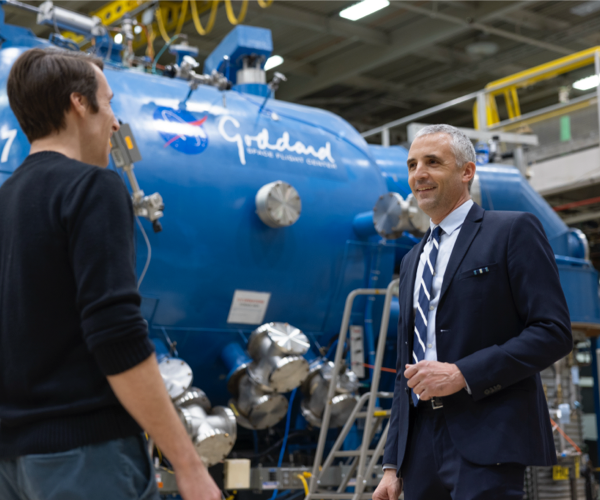
Learning Beyond the Classroom
The George Washington University’s academic life is defined by not only its faculty and students’ unique abilities for turning knowledge into action, but also for taking full advantage of GW’s vast access to world-class partnerships, policy-research initiatives, and one-of-a-kind learning opportunities.
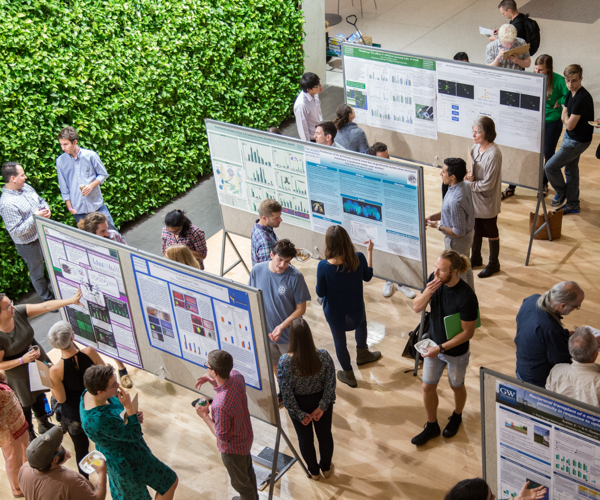
Interdisciplinary Collaboration and Impact
As a leading research university, GW promotes the advancement of human knowledge across disciplines and throughout its 10 schools, 35+ cross-disciplinary research institutes, and expansive system of libraries —and, as a result, frequently produces invaluable contributions to policymaking that affect millions of lives worldwide. Moreover, all directly benefit from the firsthand knowledge of GW’s renowned faculty, which includes a Nobel Laureate, Pulitzer Prize winner, former White House staff members, diplomats, and other leading experts in business, media, law, science, arts, and the humanities. As a result, GW’s unmatched combination of accomplished faculty, deep network of collaboration, and unique location unlocks countless opportunities for students to engage in the critical thinking and professional grounding they need to become innovative leaders who can solve the world’s most important problems.
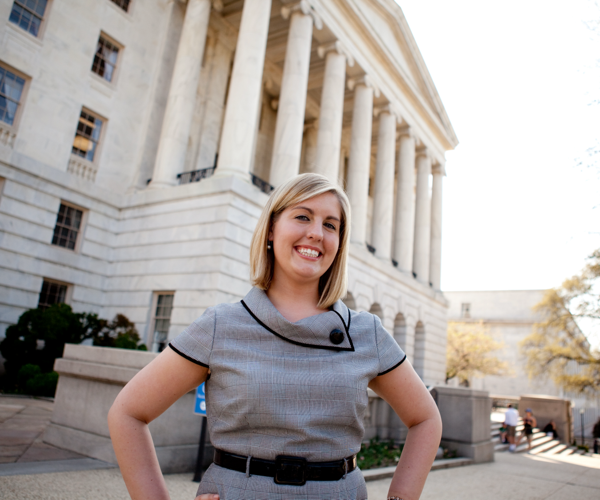
Internships and Experiential Learning
GW's connections to the world’s most influential organizations and institutions, many of which are in walking distance from its Foggy Bottom Campus, mean a GW education is not limited to the classroom. Undergraduate students and graduate students have internships or other hands-on learning experience before they graduate. GW offers more than 12,000 internship opportunities and offers numerous funding opportunities to support unpaid internships, ensuring the best GW experience regardless of financial considerations.
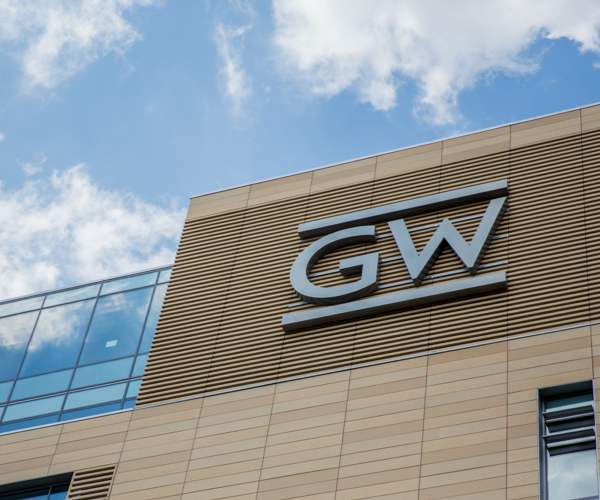
National Rankings and Recognition
The George Washington University has ranked highly among hundreds of schools around the country in the U.S. News & World Report list of best graduate schools in 2024. In the list of best public health schools, the Milken Institute School of Public Health was ranked 11th out of 213 public health schools and five of the Institute’s programs received top 20 specialty rankings—health policy and management; social and behavioral sciences; environmental health sciences; epidemiology; and biostatistics. GW also received a high ranking for its master’s program in public affairs at the Columbian College of Arts and Sciences’ Trachtenberg School of Public Policy and Public Administration, coming in 16thof 271 schools. GW was featured among the best undergraduate academic programs in various disciplines, including international business; nursing; economics; and engineering.
While much has changed since The George Washington University’s founding, what endures is its never-ending commitment to creating a greater world.


